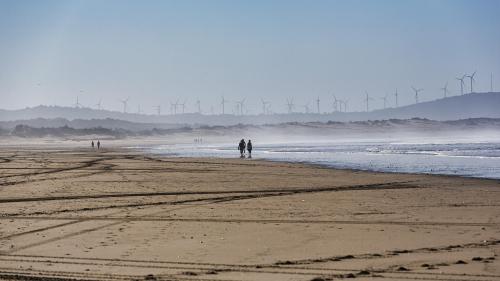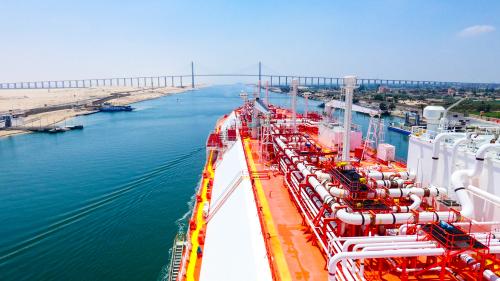
Middle East and North Africa
Oil, gas and phosphate are important in the region, while the energy transition is pushing countries toward transition minerals and renewables.
Several countries in the MENA region have built great wealth from fossil fuels, and still heavily depend on them. In North Africa, both Morocco and Tunisia have leveraged their important phosphate reserves. Economic and energy wealth varies greatly across the region, as do fossil fuel reserve and production levels, but a majority of MENA countries now seek to develop renewable energy sectors. Government officials in some countries hope that renewables will help to address energy deficits, boost economic and social development, and ensure relevance in the global energy market amid long-term decreases in demand for oil and gas.
Across MENA, NRGI works to address challenges related to citizen and civil society participation, and to ensure that countries’ energy transition plans respond to their respective needs. Priorities for NRGI interventions include enabling spaces for multistakeholder dialogue at the subnational, national and regional levels—bringing together parliamentarians, media and civil society organizations—and developing oversight capacity of actors.
Related NRGI team members

Laury Haytayan
Middle East and North Africa Director

Hanen Keskes
Middle East and North Africa Senior Officer

Abir Yahyaoui
Tunisia Officer
Filter by










